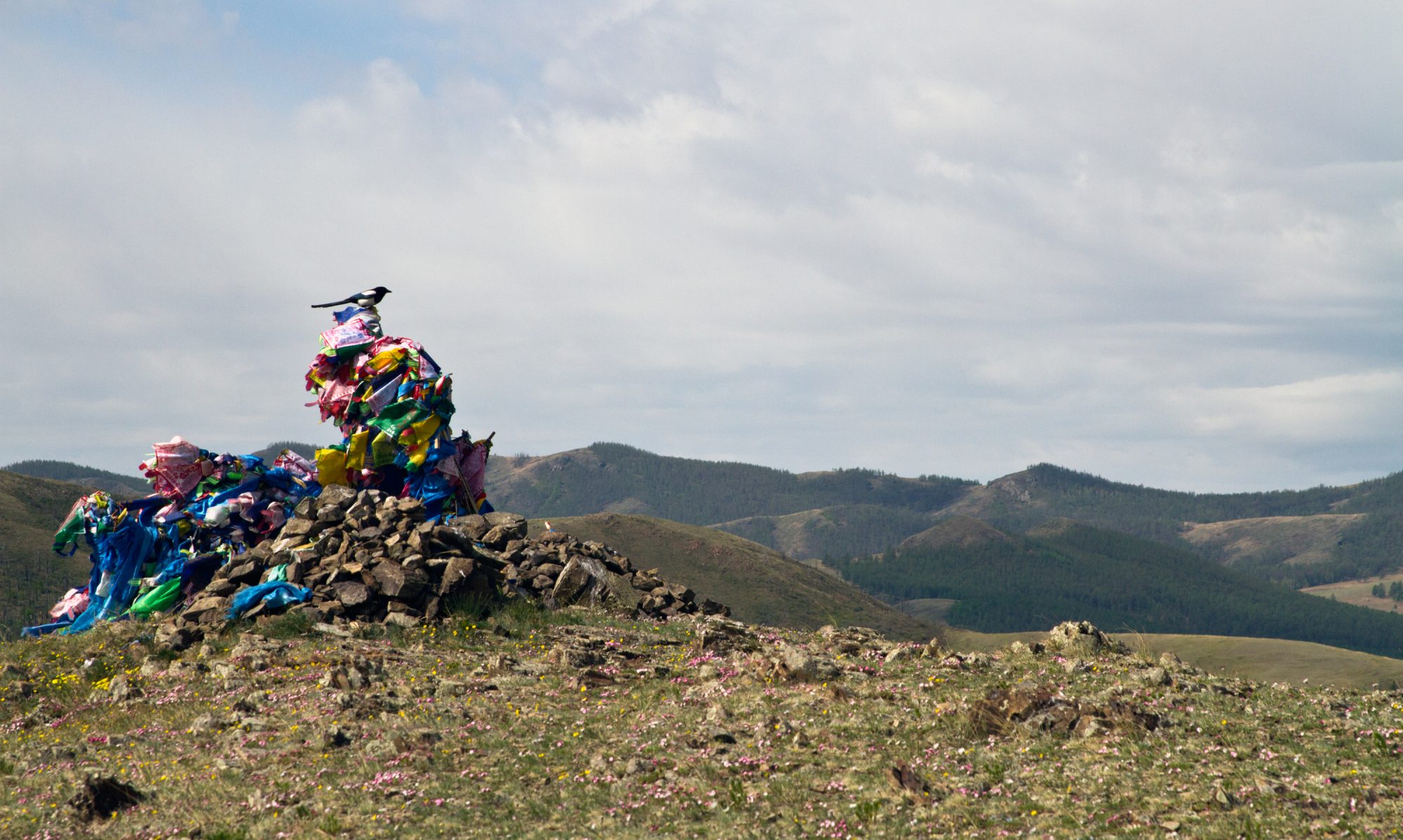I haven’t been sleeping well, I think it’s because I’m excited. It doesn’t feel like excitement: It just feels like ordinary, miserable insomnia.
I can’t really control my feelings, but can make them into something else. I twist them and try to make them serve other purposes, or to put them on hold. This is after-the-fact reasoning, by necessity: the control that I am trying to exercise over them somehow is going on behind my back and has already actually gone on behind my back, my feelings hit the stage in the wrong costumes.
They enter my sphere chained, already restricted feelings, dangerous feelings with resentment and violent tendencies. They have been causing havoc. They don’t feel good, or hopeful, or energetic, or any of the things they are. They feel anxious, and tired, and angry and irritable and ready to contest.
Since I have displaced them from their proper objects, they kind of hover: they don’t have any objects. They are like the ghosts of feeling, but angry ghosts that can manipulate in this world. That’s how I’ve reasoned it out. Though you might think anxiety is appropriate: It can’t be easy to give up a life, even if it’s one you don’t care for. It’s still the only one you have.
Except when I contemplate my feelings, or let them go, give them room to unfold – I have a technique for doing this that involves getting myself half-asleep, if you can call zoning out a technique – I am really excited. It’s a very thrilling feeling, I feel like a child, or even better, I feel relaxed and excited and happy. Something like: going to see a movie I wanted to see with a friend I want to see more of at a theater I enjoy in my favorite neighborhood at the end ofa long happy day. I have energy, I have hope and I am open and responsive and my world can barely wait to show me its possibilities. This is the hidden feeling underneath my anxiety, discontent, and fatigue.
It’s a strange overall picture, and I don’t know how to account for it. But I notice it not only when I zone out and give the feeling a free playing field to express itself. Exploring a topic related to my service, exploring the language, doing anything related, and I can feel myself expand, I feel the spring in me as usable energy, and I get a lightness in my chest. It’s unfathomable to me why it should be this way: my energy is earmarked for a particular purpose, and if it is not used, or used for something else, it rebels and makes trouble where it can.
